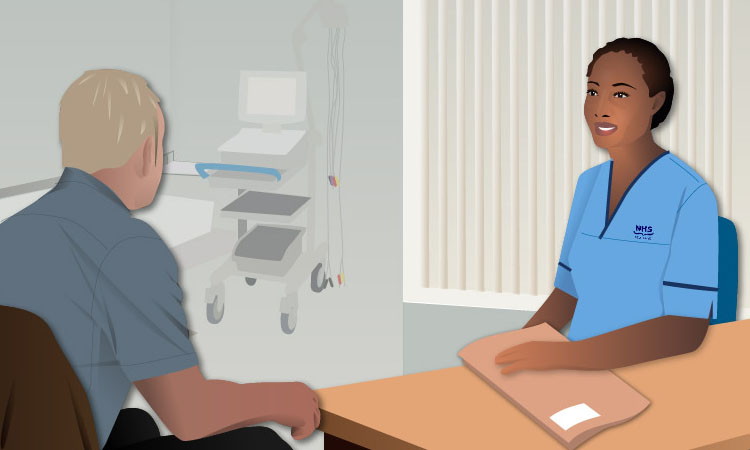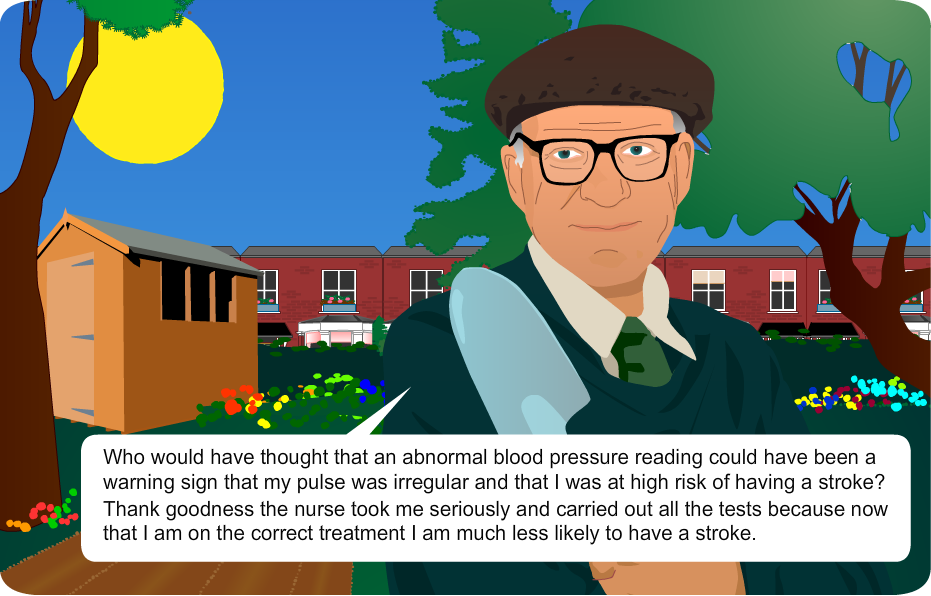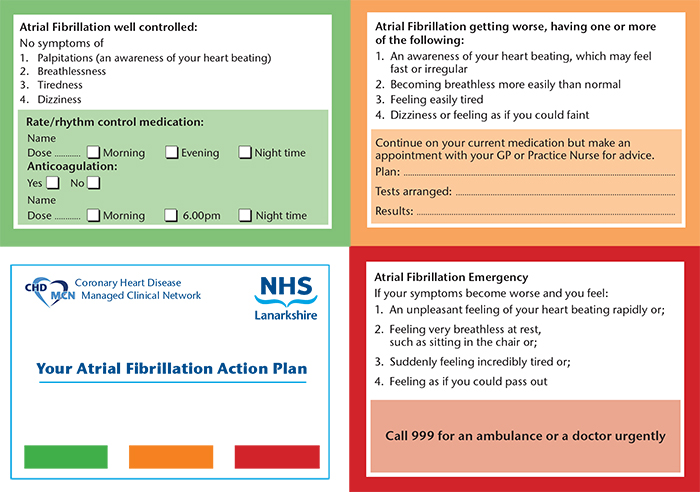Please enable JavaScript in your browser to see this interactive content.
Category: HEARTe
Introduction

Prior to the patient undergoing any investigation, it is expected that the doctor/nurse will take a clinical history and examine the patient to form a differential diagnosis.
Cardiac investigations are an aid to clinical diagnosis and decision-making. In order to decide which clinical investigation to undertake, we need to determine what it is that we need to assess or measure, for example:
- Blood tests may be required to determine an underlying cause or confirm a diagnosis. You may wish to review HEARTe module Common Cardiac Investigations: Routine blood tests, which provides an overview.
- If the underlying problem is suspected to be electrical in origin, then electrocardiographic investigations will be required, for example, 12-lead ECG, event monitor etc.
- Or, if it is thought that the clinical problem is related to the structure, mechanical function of the heart or blood flow then investigations using x-ray or imaging may be more appropriate
As we go through the module, for each investigation, we will consider:
- Indications for the test
- What are the benefits and risks of the test
See Common Cardiac Investigations for more on investigations.
Learning outcomes
To increase knowledge and understanding of common clinical investigations used to diagnose cardiac disease.
After completing the module, you will be able to:
- describe common diagnostic tests for investigation of cardiac disease
- identify possible clinical indications for these cardiac investigations
- consider how to use a person-centred approach to decision making in determining appropriateness of investigations into cardiac disease
- recognise common electrocardiographic abnormalities
- understand the use of imaging to identify flow/functional/structural abnormalities
Introduction

Module Team
Module Lead
Linda ONeill, Lecturer in Nursing, University of Dundee (previously Area Development Manager Scotland, British Heart Foundation)
Group Members
Fiona Ross, Chief Echo Cardiographer, NHS Dumfries & Galloway
Dr Karen Smith, Consultant Cardiology Nurse, NHS Tayside/University of Dundee
Geraldine Brady, Clinical Nurse Educator, NHS Lothian
Leanne Gillespie, Advice Line Nurse, CHSS
Adelle Dawson, Consultant Cardiologist, NHS Grampian
Reviewers
Debbie Yorkston, Physiologist, NHS Lothian
Gillian Donaldson, Cardiac Specialist Nurse Lead, NHS Borders
Alistair Nicolson, Lecturer in Nursing, University of Dundee
9. Cardiac investigations
Learning outcomes
- Describe common diagnostic tests for investigation of cardiac disease
- Identify possible clinical indications for these cardiac investigations
- Consider how to use a person-centred approach to decision making in determining appropriateness of investigations into cardiac disease
- Recognise common electrocardiographic abnormalities
- Understand the use of imaging to identify flow/functional/structural abnormalities
General Medical Disclaimer: The information, including but not limited to, text, graphics, images, recommendations, opinions and other material contained on or accessed through this website (or in any module or content accessible through this website) (together “Website”), is intended for general informational purposes only. The information should not be considered as professional medical advice, diagnosis, recommendations or treatment. The information on this Website is provided without any assurance, representations or warranties, express or implied. We do not warrant that the information on this Website is applicable to all healthcare practices, geographical locations, health needs or circumstances. We do not warrant that the information on this module is complete, true, accurate, up-to-date, or non-misleading. You should always seek the guidance of a qualified healthcare professional before making any decisions related to your health or wellbeing. Never disregard or delay seeking medical advice due to something you have read on this Website. The use of or any reliance placed on any information provided on or accessed through this Website is solely at your own risk. If you have any specific questions or concerns about your health, please consult a qualified healthcare provider or other qualified medical professional. Do not rely on the information on this Website as an alternative to medical advice from your doctor or other qualified professional healthcare professional or healthcare provider.
Module test

This is the module test for ‘HEARTe 8. Atrial fibrillation’. It is strongly recommended that you work through the learning materials of the module prior to commencing this test. By going straight to the test you may miss out on valuable learning contained within the module. The answers to all the test questions are contained within the module. This information may have been provided in the ‘Additional Information’ boxes on some of the pages.
There are 10 questions and you must answer all of these correctly to obtain a certificate of completion.
You should allow approximately 10 minutes to complete the test.
Stuart reflects on recent events

It is important to remember that 1 in 5 people with AF will have no symptoms so manual pulse checking can save lives.
Pulse point
Useful Links:
Citizens Advice Bureau
Chest Heart and Stroke Scotland – Travel Information
DVLA
Breathing Space
The FAST Campaign highlights the need to act quickly: File: FAST Card (update March 2009) [PDF]
Stuart’s self management
Additional information is always useful for supporting patient self managment. Below is an atrial fibrillation self-management resource example from NHS Lanarkshire’s AF project:
Medication review
Always consider non-prescription drugs.
Stuart requests appointment with GP
After a detailed discussion and review of their local protocols, Stuart’s GP commences him on one of the new oral anticoagulants (NOACs). National and local policies are constantly evolving and the role of the NOAC is becoming more and more prominent. Are you familiar with your local policy on the use of these drugs?


